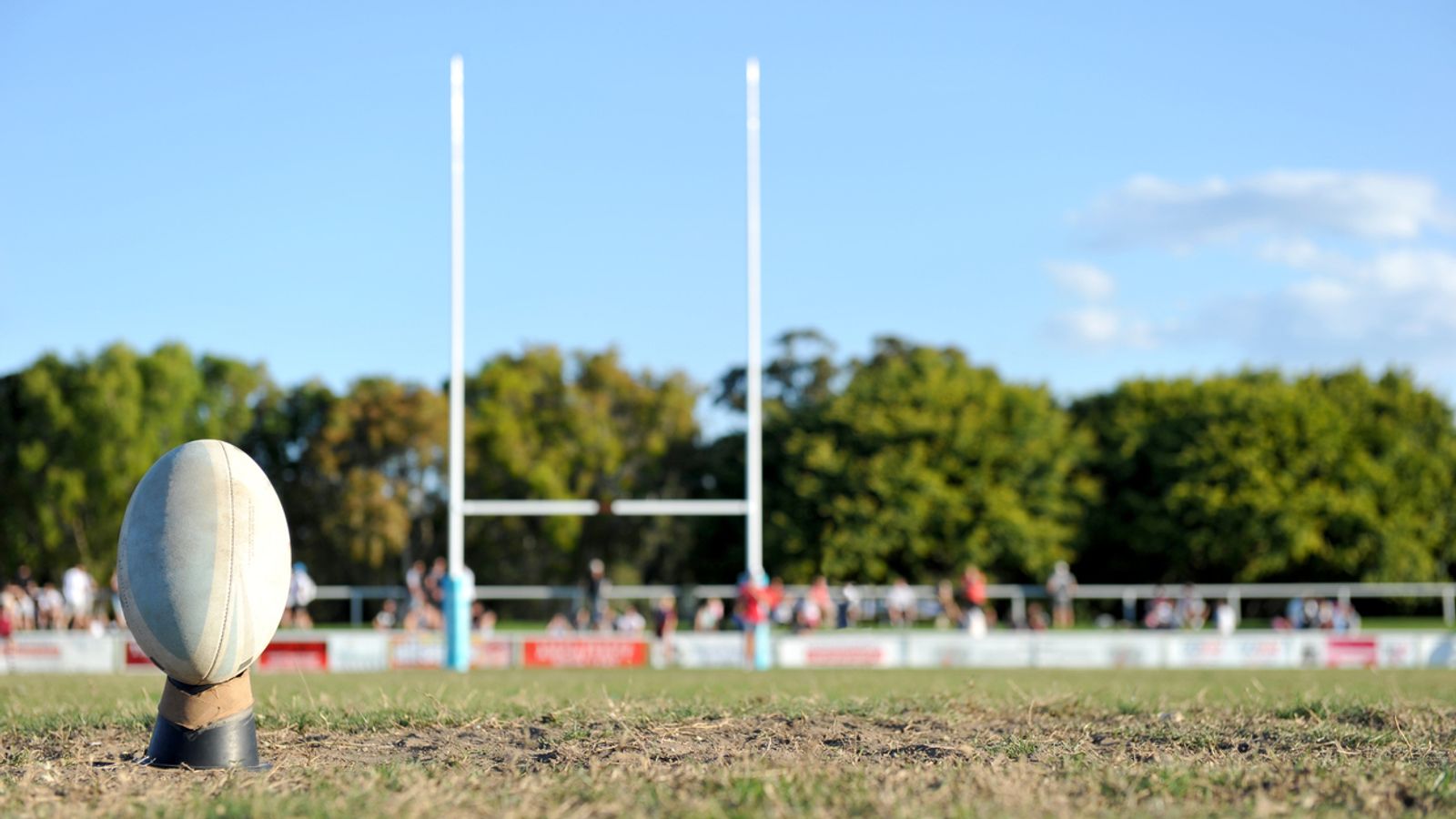Transgender players will be barred from competing in women’s international rugby league matches for the time being, including this year’s World Cup, the sport’s global governing body has announced.
In a statement, the International Rugby League (IRL) said it plans to carry out more research before finalising its rules and that it would use the end-of-year event to help develop a “transwomen inclusion policy” for the future.
The IRL said its decision was influenced by “several relevant developments in world sport”, including a conclusion from the International Olympic Committee that it was up to each individual sport to weigh up “how an athlete may be at a disproportionate advantage compared with their peers”.
“Until further research is completed to enable the IRL to implement a formal transgender inclusion policy, male-to-female (transwomen) players are unable to play in sanctioned women’s international rugby league matches,” the IRL said.
It added: “The IRL will continue to work towards developing a set of criteria, based on best possible evidence, which fairly balance the individual’s right to play with the safety of all participants.
“To help achieve this, the IRL will seek to work with the eight Women’s Rugby League World Cup 2021 finalists to obtain data to inform a future transwomen inclusion policy in 2023, which takes into consideration the unique characteristics of rugby league.”
It comes after FINA, swimming’s world governing body, voted to stop transgender competitors from taking part in women’s elite races if they have gone through part of male puberty.
Caitlyn Jenner backs ban on transgender swimmers competing in women’s events
FINA votes to effectively ban transgender swimmers in elite women’s competition – and create ‘open’ category
Jamie Wallis MP says he wants to begin gender transition process ‘as quickly as possible’ as he describes rape and blackmail ordeal
World Athletics president Lord Coe has also hinted track and field could follow swimming in banning transgender athletes from elite competition.
Transgender rights has become a topic of fierce debate within sport, with organisers seeking to balance inclusivity while ensuring there is no unfair advantage.
FINA said it would explore establishing an “open” category for transgender people in some events as part of the new policy, which requires competitors to have completed their transition by the age of 12 to compete in women’s races.
Reality TV star and former Olympian Caitlyn Jenner, 72, backed the restrictions, tweeting: “What’s fair is fair! If you go through male puberty you should not be able to take medals from females. Period.”
While in Budapest at the weekend for the World Swimming Championships, Lord Coe suggested athletics may change its rules regarding transgender athletes.
“My responsibility is to protect the integrity of women’s sport and we take that very seriously, and if it means that we have to make adjustments to protocols going forward, we will,” he said.
“I’ve always made it clear: if we ever get pushed into a corner to that point where we’re making a judgment about fairness or inclusion, I will always fall down on the side of fairness.
“We see an international federation asserting its primacy in setting rules, regulations and policies that are in the best interest of its sport. This is as it should be. We have always believed, and repeated constantly, that biology trumps gender and we will continue to review our regulations in line with this.”
When asked whether World Athletics would consider adopting the same policy as FINA, he added: “We have always said our regulations in this area are a living document, specific to our sport and we will follow the science.
“We continue to study, research and contribute to the growing body of evidence that testosterone is a key determinator in performance and have scheduled a discussion on our DSD and transgender regulations with our council at the end of the year.”










